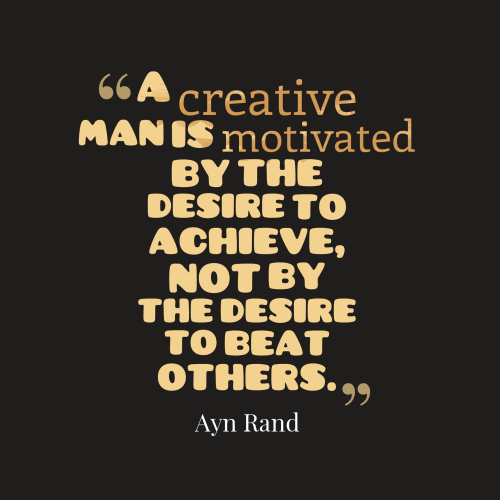Stereotypically us humans are are obsessed with deficits and disorders. To help counter this prevailing tendency towards the negative, psychologists Christopher Peterson and Martin Seligman wanted to create a Diagnostic and Statistical Manual of Positive strengths and virtues. Surely it would be useful, they thought, if people could use a questionnaire to identify their strengths as human beings?
What they came up with was the ‘Values in Action Inventory of Strengths’ (VIA-IS). I suggest you take this. But first a bit of background so that you can understand what it means.
To create the VIA, Peterson and Seligman (2005) came up with 6 virtues and 24 strengths. The core virtues are those identified by philosophers, religious thinkers and others as being central to a ‘good character’ – these are the six main headings in the list below. The 24 character strengths, meanwhile, are those characteristics of individuals that contribute towards these virtues. These are listed under the virtue to which they contribute.
Knowledge (virtue)
Creativity (strength)
Curiosity
Love of learning
Perspective (wisdom)
Open-mindedness
Courage (virtue)
Bravery (strength)
Persistence
Integrity
Vitality
Humanity
Capacity to love and receive love
Kindness
Social intelligence
Justice
Citizenship
Fairness
Leadership
Temperance
Forgiveness/mercy
Modesty/humility
Prudence
Self-regulation
Transcendence
Appreciation of excellence and beauty
Gratitude
Hope
Humour
Spirituality
Take the survey
The VIA-IS can be taken at http://www.viacharacter.org/survey/Account/Register a site run by the VIA institute. You need to register and then the site will save your results so you can always revisit and check your strengths.
Once you have registered with the site, you’ll see there are three different versions: the full survey for adults (240 questions), the full survey for those between 8 and 17 years old (198 questions) and a brief version (24 questions). I’d highly recommend putting in the 15 minutes or so it will take to complete the full survey. While the brief survey is a good indicator, you’ll get much more accurate results from the full survey.
The VIA-IS questionnaire asks you questions that access each of the strengths. It then gives you your top 5 ‘signature strengths’, along with all the other strengths in order, from strongest to weakest. You might be surprised about some of your signature strengths – I certainly was.
More on strengths and virtues
Included in the results is a short description of what each strength means. There is also more information on some of these strengths and virtues on the VIA site – these are linked in the list above. You can also compare your own top 5 strengths to averages obtained by others.





